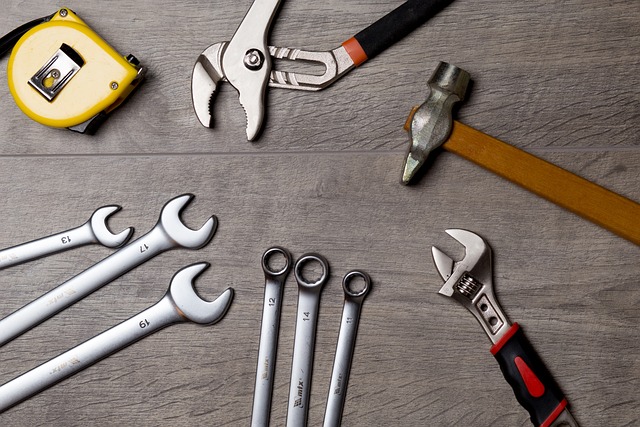Understanding HVAC systems is crucial for homeowners aiming to maintain or repair their home's comfort systems, which regulate temperature and air quality. Regular maintenance, including filter changes and vent cleaning, prevents breakdowns, improves efficiency, and reduces energy bills. Common problems like unusual noises, increased bills, and inaccurate thermostat readings require early attention. Replacing an HVAC system is recommended when it's older and repairs are frequent and costly. Selecting qualified professionals with licenses, insurance, and experience ensures quality service. Investing in regular maintenance is a strategic move to save on long-term home repair and maintenance costs, preventing minor issues from becoming major repairs.
“Maximizing comfort and energy efficiency in your home starts with understanding and maintaining your HVAC system. This comprehensive guide delves into the intricacies of heating, ventilation, and air conditioning, offering a homeowner’s perspective on regular care. Learn how routine maintenance prevents common issues and saves costs. We’ll explore early detection methods for problems, guide you through repair vs. replacement decisions, and provide expert hiring tips for reliable technicians. Discover why investing in quality HVAC home repair and maintenance is a smart choice for long-term comfort and financial savings.”
- Understanding HVAC Systems: A Homeowner's Guide
- Regular Maintenance: The Key to Efficient Heating and Cooling
- Common HVAC Issues and How to Spot Them Early
- Repair vs. Replace: When to Opt for Each
- Choosing the Right HVAC Professionals: Tips for Hiring Expert Technicians
- Long-Term Cost Savings: Investing in Quality HVAC Maintenance
Understanding HVAC Systems: A Homeowner's Guide
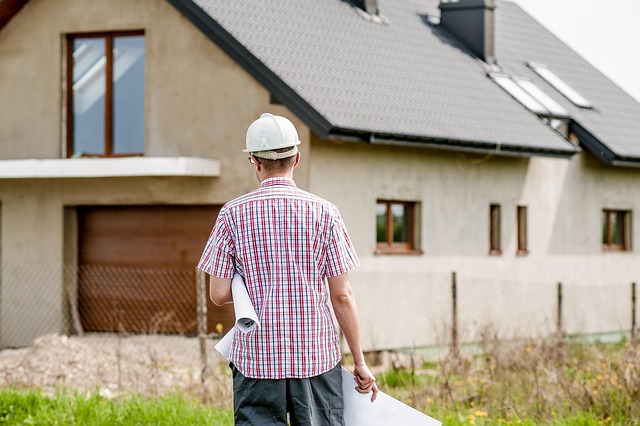
Understanding HVAC systems is essential for any homeowner looking to maintain or repair their home’s comfort systems. Heating, ventilation, and air conditioning (HVAC) units are complex yet crucial components that regulate indoor temperatures and air quality. At their core, these systems typically consist of a heating unit, an air conditioner, a fan, and ducts or vents that distribute conditioned air throughout the house.
Homeowners should familiarize themselves with the basic functioning of these elements. For instance, understanding how a thermostat controls temperature settings, the role of evaporator coils in cooling, and the importance of regular cleaning and filtering can empower them to take proactive measures during home repair and maintenance. This knowledge translates into more efficient system operation, reduced energy bills, and minimized risk of costly breakdowns.
Regular Maintenance: The Key to Efficient Heating and Cooling
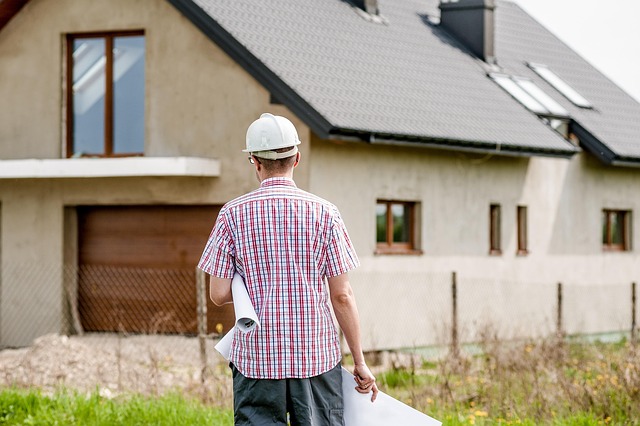
Regular maintenance is an often-overlooked yet critical aspect of home repair and maintenance. When it comes to HVAC systems, preventative care can make all the difference in ensuring optimal performance and longevity. By scheduling routine inspections and cleaning sessions, homeowners can catch potential issues early on, avoiding costly breakdowns during extreme weather conditions. A well-maintained HVAC unit operates more efficiently, leading to reduced energy bills and improved comfort levels year-round.
Simple maintenance tasks like changing filters, cleaning vents, and lubricating moving parts can significantly impact the system’s overall health. These measures help prevent dust buildup, improve air circulation, and reduce wear and tear on essential components. Regular attention to these details not only keeps the HVAC unit functioning at peak capacity but also contributes to a healthier indoor environment for residents.
Common HVAC Issues and How to Spot Them Early
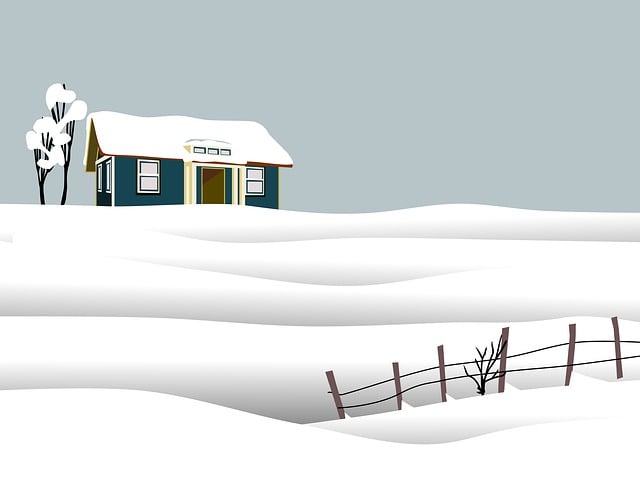
HVAC systems are integral to our comfort at home, but like any machinery, they require regular maintenance and prompt attention to potential issues. Common HVAC problems can range from simple fixes like dirty filters or loose connections to more complex matters such as malfunctioning thermostats or severe damage to the system’s components. Homeowners should be vigilant in spotting these issues early on to avoid costly repairs and ensure efficient heating, ventilation, and air conditioning.
One of the earliest signs could be unusual noises coming from the unit, like rattling or clicking sounds. This may indicate loose parts or a problem with the motor. Another common red flag is increased energy bills despite no change in usage patterns, which could point to a less-than-efficient system. Regular inspections can help identify leaks in refrigerants, which not only impact performance but also pose environmental hazards. Home repair and maintenance enthusiasts should also keep an eye on thermostats, ensuring they function correctly, as inaccurate temperature readings can lead to over or under-conditioning of the indoor air.
Repair vs. Replace: When to Opt for Each

When it comes to HVAC (Heating, Ventilation, and Air Conditioning) systems, deciding between repairing or replacing can be a tricky balancing act for homeowners. The age, condition, and cost of your system play significant roles in this decision. Often, repairs are recommended for younger systems, as they usually have a longer lifespan left. Simple fixes like replacing filters, cleaning ducts, or fixing leaks can extend the life of your HVAC unit and improve its efficiency. These quick remedies are not only cost-effective but also contribute to overall home repair and maintenance.
However, as systems age, repairs may become more frequent and costly. In such cases, it might be time to consider replacement. Modern HVAC units are designed with enhanced energy efficiency in mind, promising lower utility bills over time. Replacing an old system can also address comfort issues, as newer models offer better temperature control and air quality. Thus, while repairs are a temporary fix, replacing your HVAC system is often a strategic long-term investment in home repair and maintenance.
Choosing the Right HVAC Professionals: Tips for Hiring Expert Technicians

When it comes to HVAC maintenance and repair, choosing the right professionals is paramount for ensuring your home’s comfort and energy efficiency. Look for licensed and insured technicians with extensive experience in the field. Reputable companies often have online reviews from satisfied customers, which can be a valuable resource when making your decision.
Inquire about their certification and training programs, as well as the specific services they offer. Top-notch HVAC professionals should be equipped to handle a wide range of issues, from routine maintenance tasks like filter changes to complex repairs such as replacing old heating systems. Their expertise should also extend to energy-saving solutions, helping you make informed choices for your home’s long-term comfort and value.
Long-Term Cost Savings: Investing in Quality HVAC Maintenance
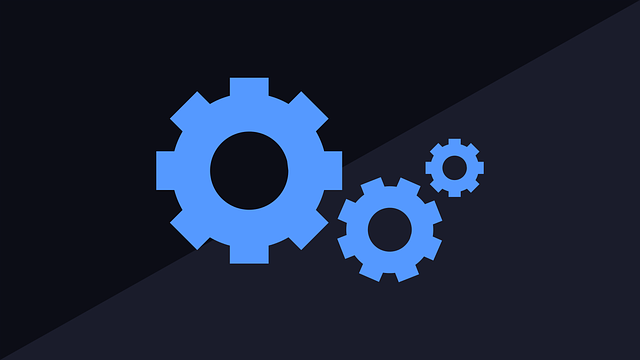
Investing in regular HVAC maintenance is a strategic move for homeowners looking to save on long-term costs related to home repair and maintenance. While initial expenses for servicing your heating, ventilation, and air conditioning system might seem significant, they pale in comparison to potential future savings. A well-maintained HVAC unit operates efficiently, reducing energy bills over time. Moreover, regular checks can identify minor issues before they escalate into major repairs, averting unexpected costs and minimizing downtime.
By prioritizing quality maintenance, homeowners can extend the lifespan of their HVAC systems, delaying the need for costly replacements. This proactive approach not only saves money but also ensures a comfortable living environment throughout the year, as a well-maintained system operates at peak performance.
In the realm of home repair and maintenance, HVAC systems are a critical component often overlooked. By understanding these complex yet essential systems, homeowners can take proactive measures through regular maintenance, catching issues early, and making informed decisions about repairs or replacements. Investing in quality HVAC maintenance not only ensures efficient heating and cooling but also delivers long-term cost savings by extending the lifespan of these vital systems. Choosing the right professionals is key; following expert tips guarantees a job well done, revolutionizing your home’s comfort while navigating potential challenges.
